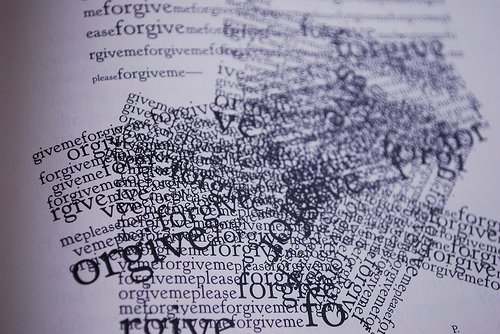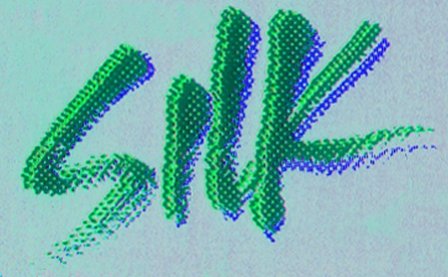As the epigraph of his labyrinthine masterpiece, House of Leaves, Mark Z. Danielewski invokes Beethoven’s Muß es sein? And, Es muß sein! responds House’s compelling four to the floor beat. Yet at the same time, house was initially, and remains for some in spirit, a melancholy place, one which, for the queer dancefloors of the late 70s and 80s, was a space of safety and display in a hostile world, while at the same time containing, in its echoes and sensual whispers, precisely the knowledge that the world is dangerous and unwelcoming.
The very existence of such a space proclaims this, and thus undoes itself; a teetering tension between celebration always already ending yet insistently refusing to be silenced, and an impermanence based on being hatred’s object no less than being a being bound to time’s arrow — a tension which is the essence of melancholy. House is haunted: a queerly haunted doll’s house. Presently, it’s haunted not only by this foundational-yet-crumbling constitution, but also by its temporal distance from its origin, and by the memories it conjures of a time before and during the AIDS crisis.
So the house we hear today is doubly cracked — the infinitely time-stretched fall of the House of Usher. This uncanny (lit. unhomely) house breathes heavily in the dark, reaching across time and space: “God God – whose hand was I holding?”
Yet in every haunting there is not only fracturing and fear, but sadness, a lingering gone-ness, an unresolution. If Danielewski’s novel was a house of leaves – one in which the semi-hypnotized subject is bound to go deeper and deeper into the echoing unknown, the space beneath – we have here a house of beats, a promiscuous mingling of the exhibitionist public and the sentimental private in the service of unfulfillable desire. From Octo Octa to DJ Sprinkles and – our destination – beyond, it’s been a lucky (20)13. Allow me the pleasure of telling you a story, one in which we poke around corners of this edifice overgrown and sun-dappled, forlorn and sublime.
“The house is history and history is uninhabited” – Zampano
Stream below, and subscribe to our podcast here.
[00:00] Ejeca – “Akrobat”
[05:17] Orson Wells – “Jungle Warrior”
[10:48] Fort Romeau – “Jetée”
[16:14] Tar Feather – “Gravel”
[21:23] John Grant – “Black Belt”
[22:19] Les Level – “Fever Baby”
[27:18] Xosar – “Gone Is Yesterday”
More about: Chocolate Grinder



